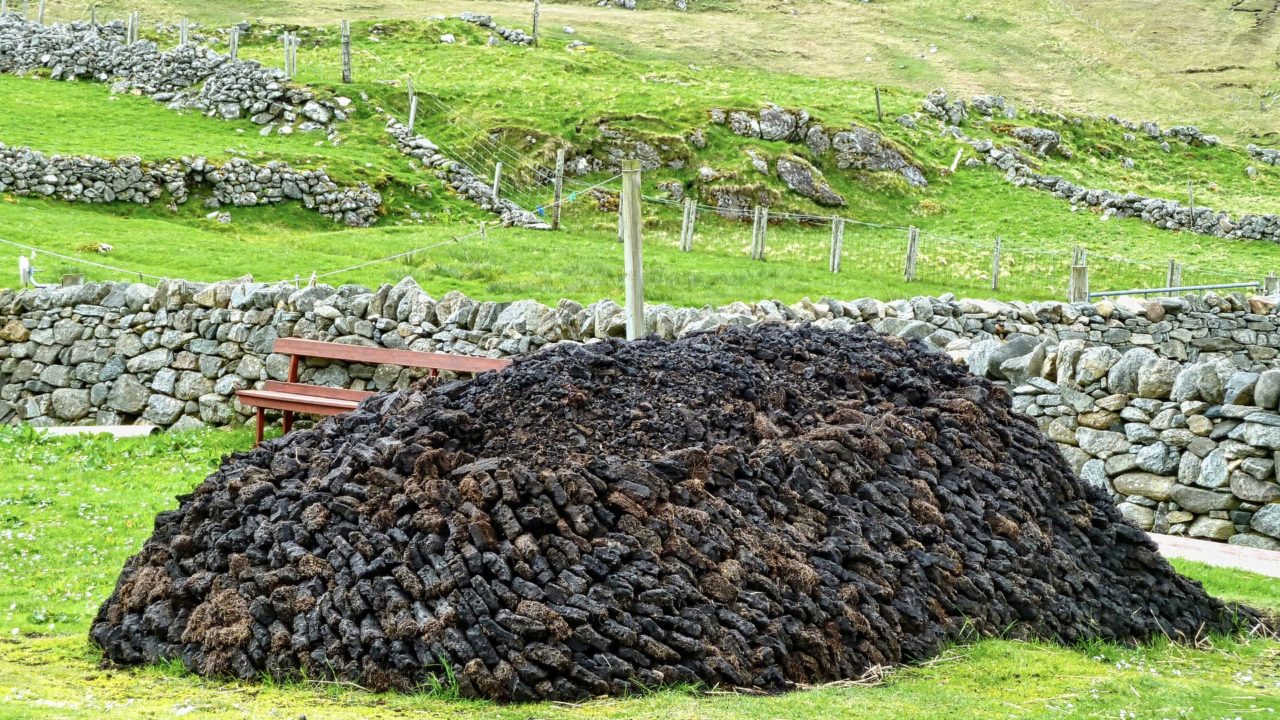A new wildlife bill will achieve a “greater area of high nature value peatlands protection across a much wider geographic range”, than previously designated according to the Minister for Housing, Local Government and Heritage.
Minister Malcom Noonan told the Dáil that the Wildlife (Amendment) Bill 2016 – passed by the Oireachtas yesterday (Wednesday, July 5) – allows for a “review of blanket bog natural heritage areas, puts the national biodiversity action plan on a statutory footing, and places a biodiversity duty on public bodies”.
The bill will also provide for “making amendment and revocation of natural heritage orders”.
Minister Noonan said: “Our efforts were focused on achieving the best quality in terms of category one, that is, restoration potential. We have achieved that.
“From that process, we have ended up with a higher proportion of designated land, higher land area, better-quality outcomes and reduced need for the intervention of the turf cutting scheme, whereby some 3,000 turbary rights are being reduced to approximately 500.
“There is a reduced cost on the state and a better environmental outcome as well.”
The bill will allow for the removal of legal protections from up to 46 sites – which are currently protected as Natural Heritage Areas (NHA) because of their raised bog habitats.
Under the amendments, Minister Noonan must also prepare a report on the turf required by an individual on an annual basis for the purpose of household use.
The report, must then be laid before the Houses of the Oireachtas, and would be on the average amount of turf required by an individual on an annual basis for the purpose of household use rather than containing guidelines and recommended thresholds in relation to the exercise of turbary rights according to the minister.
Wildlife bill
The Irish Wildlife Trust (IWT) has said it is “appalled” at the passing of the bill.
It has now queried how the government can “be moving to remove protections when this is exactly the opposite of what needs to be done”.
The trust also stated that while the decision was made in light of wider measures under the National Peatlands Strategy more than a decade ago in order to attain “favourable status” for raised bogs, “the demands of the climate and biodiversity emergency now demand a rethink”.
